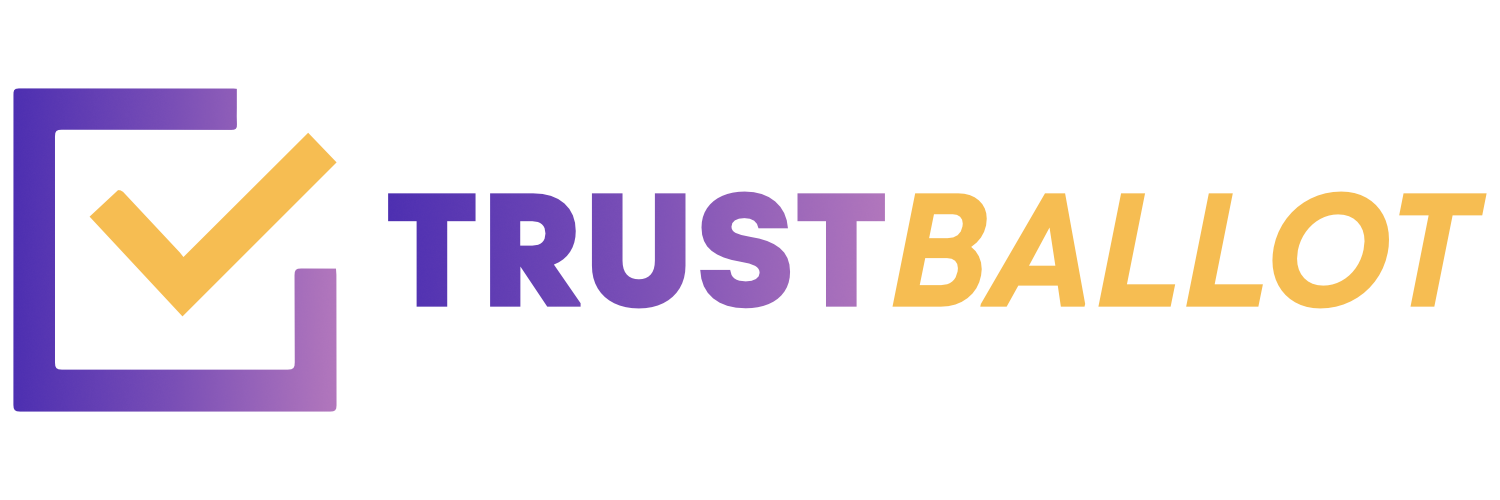A Closer Look at The 2023 Presidential Elections in Uzbekistan
Since independence, no elections that have been held in Uzbekistan have been deemed free and fair. The one in 2023 is no exception.
The 2023 Presidential Elections in Uzbekistan were marked by a resounding victory for the incumbent, Shavkat Mirziyoyev, who secured a staggering 87.71% of the vote. This result mirrors previous electoral successes with over 88% in 2016 and over 80% in 2021.
In the context of electoral reforms and promises to improve the human rights situation, this landslide victory might appear to signal widespread support for Mirziyoyev's leadership. However, beneath the surface of this apparent electoral mandate lies a complex tale of superficial electoral integrity and political maneuvering.
The Mirage of Public Support
On the surface, this overwhelming support may seem to provide legitimacy to the President, reassuring him that he enjoys the backing of the majority of the Uzbek people. Internationally, he received congratulations from neighboring leaders such as Kassym-Jomart Tokayev of Kazakhstan and Vladimir Putin of Russia.
Moreover, the Shanghai Cooperation Organisation, a regional body comprising Central Asian states, Russia, and China, praised the elections for their "openness, transparency, and compliance with national legislation."
The Illusion of Democratic Progress
Uzbekistan has also gained international attention for its purported electoral reforms, including allowing citizens with prior criminal records to vote and mandating that women should make up at least 30% of legislative candidates.
These reforms, when viewed in isolation, might paint a picture of a nation moving toward democracy. However, upon closer inspection the facade begins to crack. In reality, these measures demonstrate Uzbekistan's acute awareness of what the international community expects a functional democracy to resemble.
Yet, accepting democratic norms at face value is a common strategy among autocratic regimes in Central Asia. The true nature of the 2023 Uzbek Presidential Elections becomes apparent when we delve deeper into the electoral process.
The Disconcerting Reality
Prior to the presidential election, a referendum in May 2023 found that more than 90% of Uzbek citizens supported a reset in constitutional term limits, effectively allowing Mirziyoyev to run for two more terms, strengthening the institutional power of the President’s office and potentially extending his rule until around 2040.
A closer examination of the recent Uzbek elections reveals a deeply flawed system characterized by ballot box stuffing and a dearth of genuine contestation. None of the opposing candidates fulfilled the conventional role of challengers, failing to offer any substantial opposition to the incumbent.
Uzbek law effectively bars unauthorized parties from participating in elections, eliminating any potential for true competition long before a Presidential Election is even announced. This restriction ensures that only government-approved candidates can enter the political arena, cementing the dominance of the ruling party.
Freedom House, an independent watchdog, identifies two unofficial Uzbek parties, the Erk Democratic Party and the Truth and Development Party. These parties often operate in exile or face persecution if they choose to remain within Uzbekistan. Their presence, though marginal, hints at the stifled potential for political pluralism and genuine electoral competition within the country.
A Facade of Democracy
In conclusion, the 2023 Uzbek Presidential Elections may seem like a resounding display of popular support for President Shavkat Mirziyoyev and a step toward democratic progress with notable reforms.
However, a closer examination reveals that these elections are anything but a genuine reflection of the will of the Uzbek people. Rather, they serve as a textbook example of how autocratic regimes in Central Asia can employ superficial electoral integrity to maintain power while suppressing true political competition.
The facade of democracy, complete with international endorsements and cosmetic reforms, conceals a system where genuine opposition remains systematically stifled, leaving the citizens of Uzbekistan with limited choices and little true agency in their political future.
#TrustBallot

